Escoles Sentinella 2024–2025 Report published: five years of participatory research consolidating an innovative model between public health and education
The Escoles Sentinella project, coordinated by the CEEISCAT Group at IGTP, presented the main results of its fifth and final academic year. This initiative has shown that the network is viable and generates relevant scientific evidence on school health through collaboration between schools, researchers and public institutions.
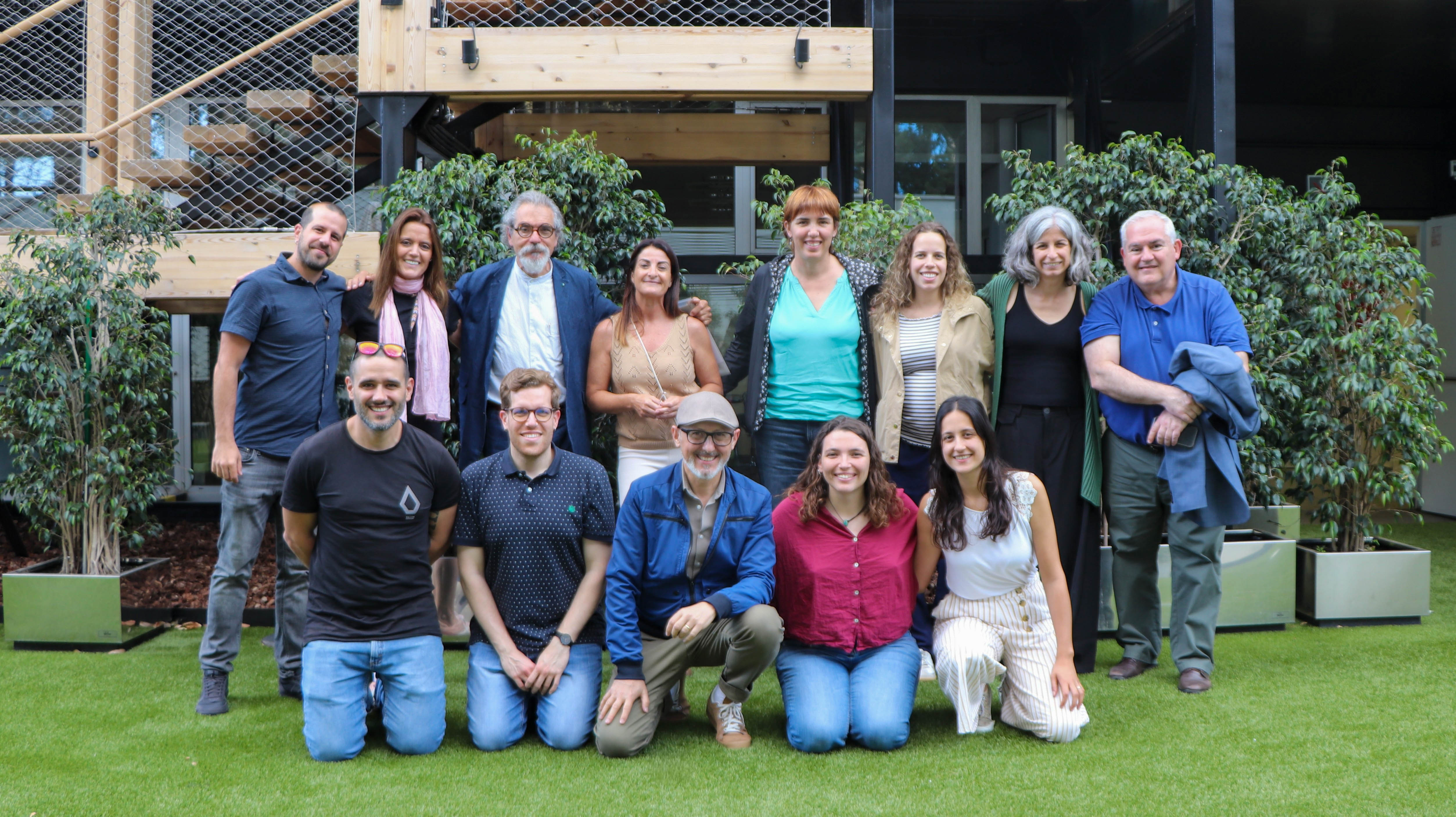

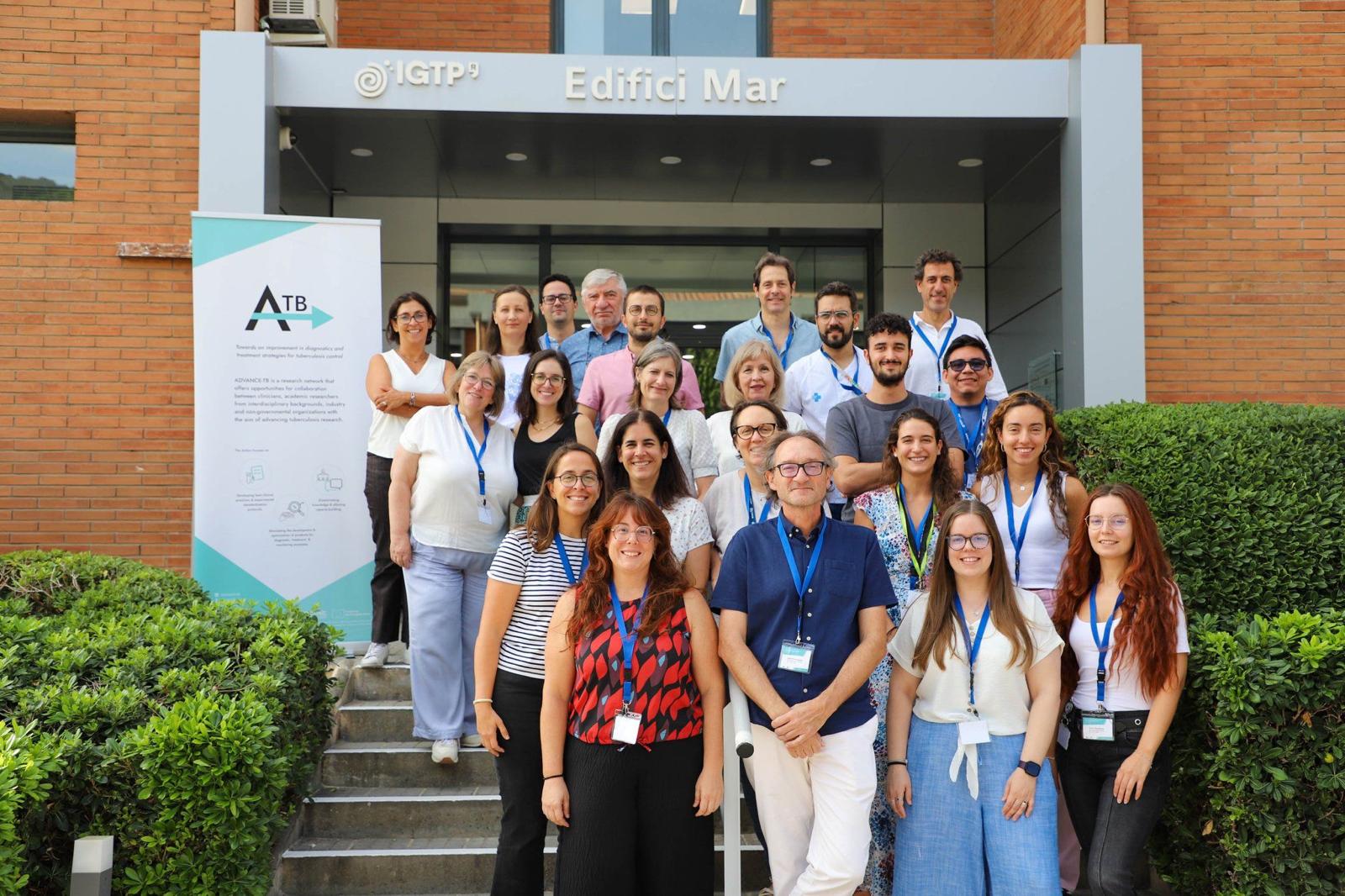
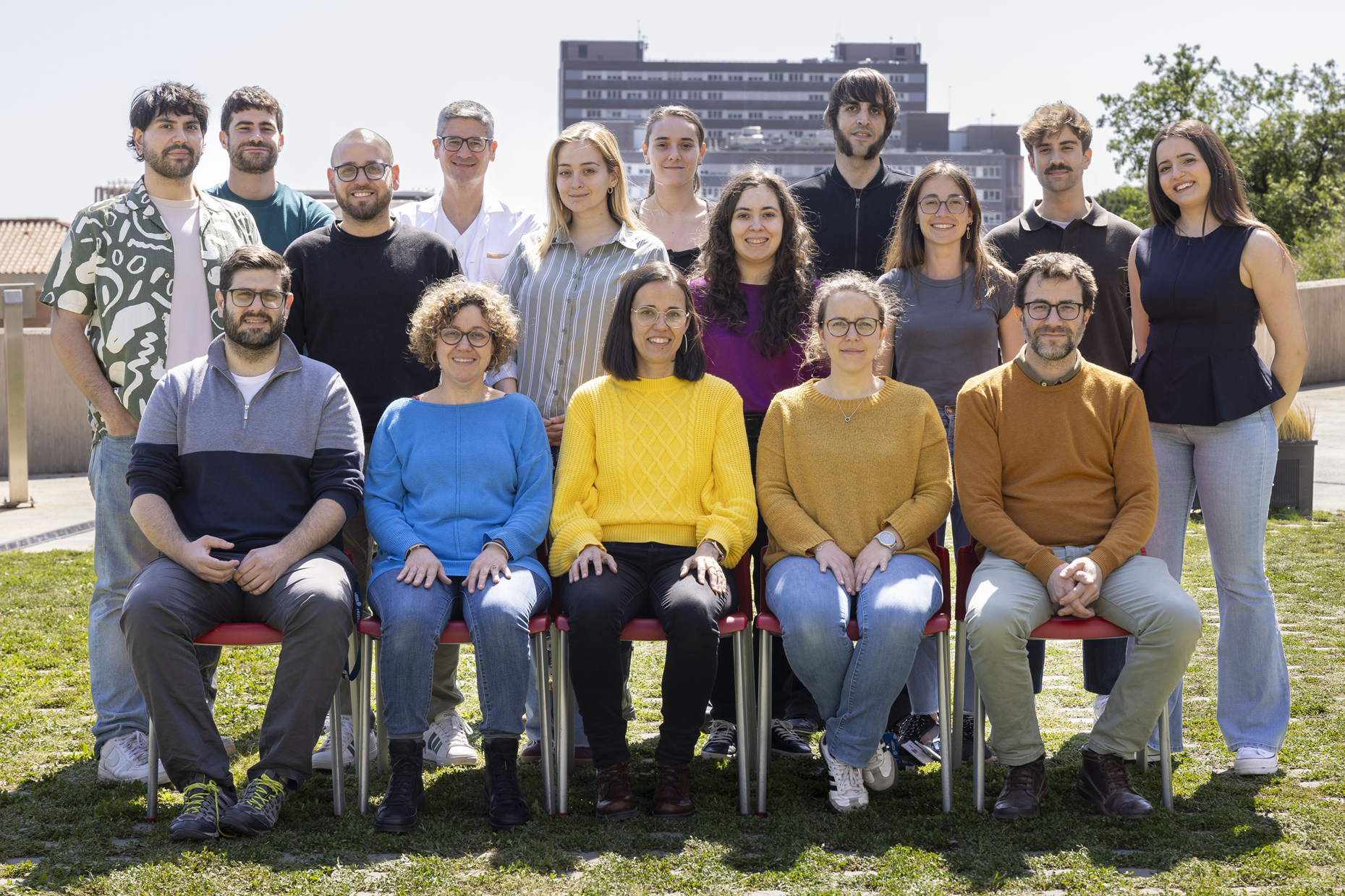
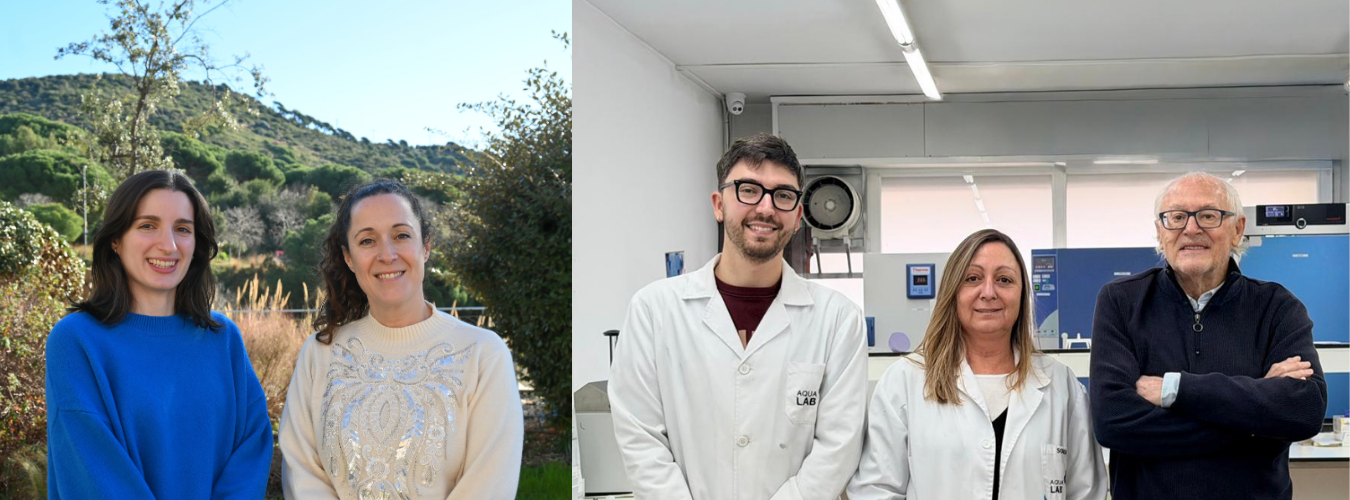


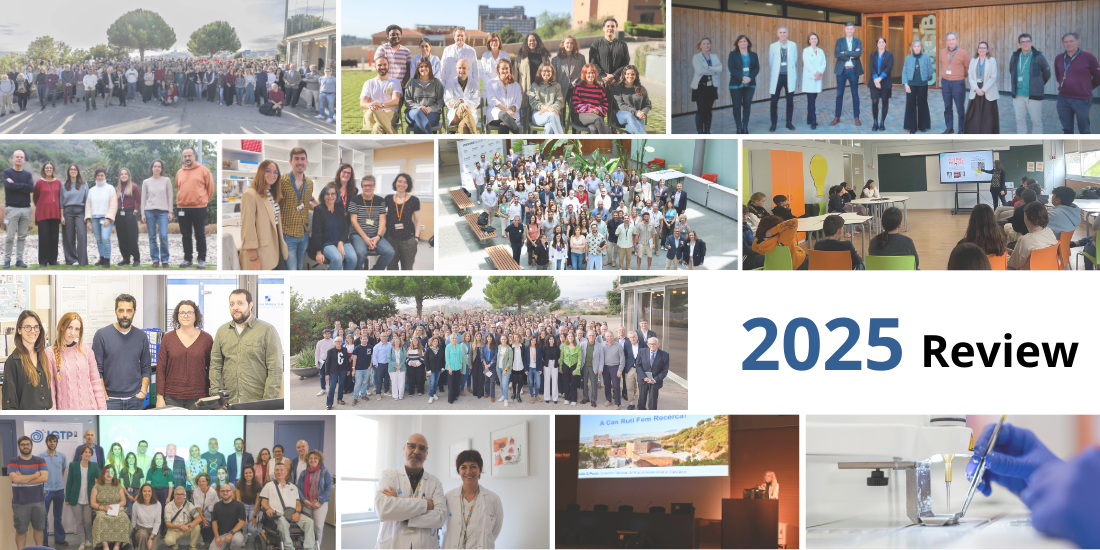
_1766478647.jpeg)

